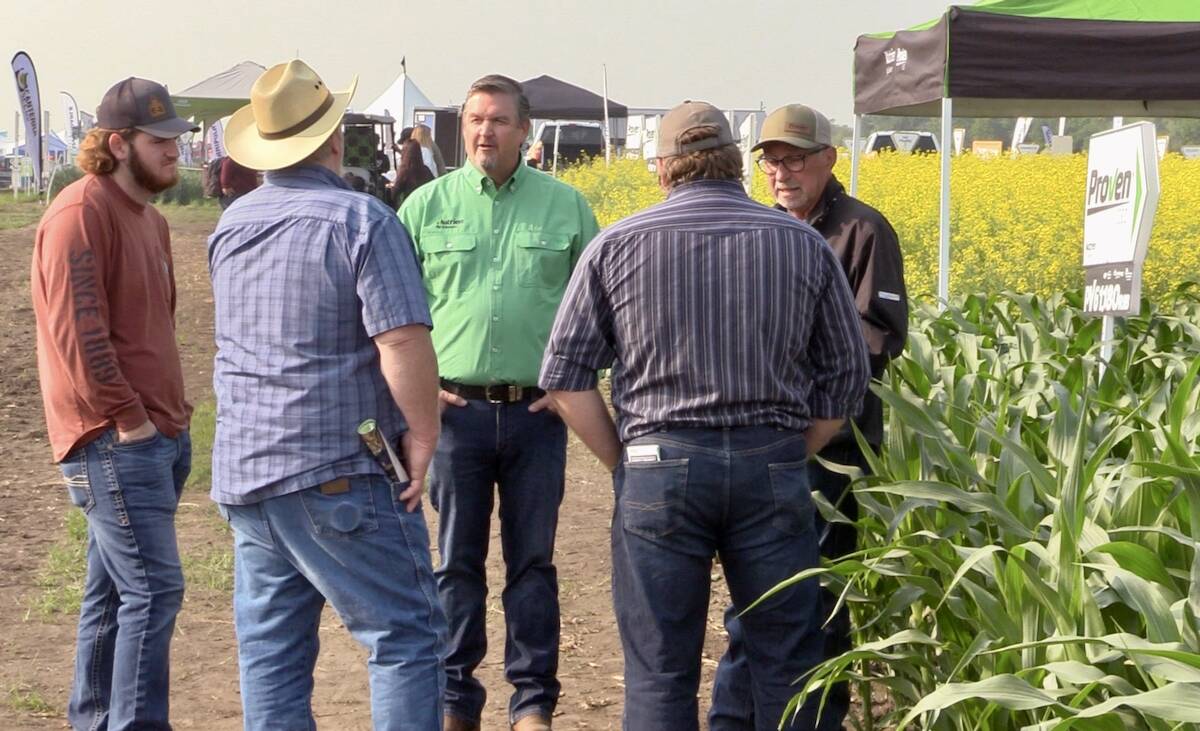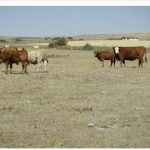VANCOUVER – It is time to establish a United Nations body with the purpose of ensuring food safety, says a senior grain industry executive.
William Sperber of corporate food safety and regulatory affairs with Cargill, told the Canada Grains Council semi-annual meeting that the current system is too fragmented and indecisive.
Food producers, processors and retailers are responsible for food protection while governments develop regulations and guidelines to verify compliance.
The problem is that one packaged food product can contain ingredients from dozens of countries, many of which don’t have the same standards for food safety. Ingredients from developing countries are far more likely to have been produced under unsanitary conditions.
Read Also

Interest in biological crop inputs continues to grow
It was only a few years ago that interest in alternative methods such as biologicals to boost a crop’s nutrient…
Consumers think the answer lies in increased inspections and testing at ports of entry, but Sperber said that’s a fool’s game.
“A lot of the testing we’re required to do is a waste of time,” he said.
Companies are forced to regularly test grain for five common mycotoxins, none of which have been proven to cause health problems for humans.
He said consumers don’t understand how unreasonable their inspection demands can be. For instance, to ensure a maximum 0.1 percent contamination level for a certain substance with a 95 percent level of confidence would require checking 3,000 samples. Even then there is no guarantee something won’t get through the system.
The other problem is that regulations and enforcement vary widely. China has a regulation to test for 137 pesticides, but Sperber has spoken to inspectors in that country who said in reality they don’t test for any pesticides.
Instead of testing product at ports of entry, Sperber said a global system is needed for identifying and controlling food safety hazards at the points of origin. That fundamental shift in philosophy would require an international body with the clout to ensure all countries follow the same set of rules.
A number of United Nations organizations have a hand in food safety issues but none with the sole purpose of ensuring a safe food supply.
Sperber is calling for the creation of the World Organization for Food Protection, which would complement and expand the food safety efforts of groups such as the Food and Agriculture Organization, the World Health Organization and the Codex Alimentarius Commission.
The body would promote understanding, implementation and verification of enhanced food protection measures, establish incentives for intergovernmental collaboration, require the use of hazard analysis and critical control points programs, advance uniform audit procedures and establish traceability systems.
Sperber has written an editorial on the subject in a prominent food technology publication and has the support of Cargill’s senior managers and board of directors to continue the dialogue.
“That’s a good start,” he told delegates.

















